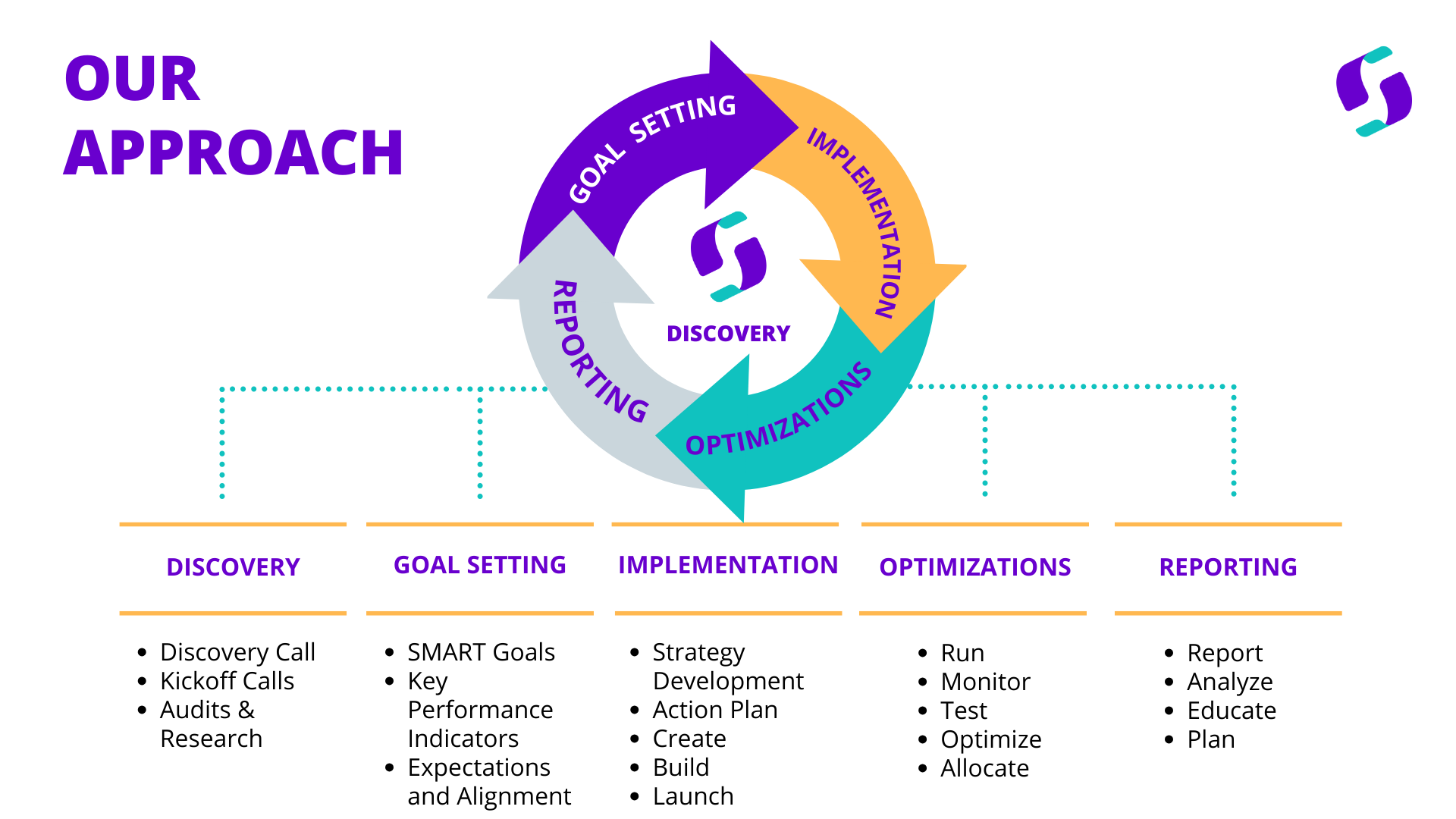We've all been there. You're excited to onboard a new platform and start daydreaming about how the new technology will solve *all* of your problems. Anticipation builds and then...the implementation is botched. Suddenly you're presented with more headaches than happiness and you've invested way too much of your organization's time and dollars and enthusiasm wanes.
Onboarding and adoption with any platform that affects as many business operations as something like HubSpot is essential for your team and the tool to be successful.
A good onboarding partner can help you set up your HubSpot environment efficiently, tailor it to your business needs, and ensure your team is fully trained to leverage its capabilities. Here are our 5 essential tips to help you select the best HubSpot onboarding partner for your organization:
1. Assess Their Expertise and Certifications
The first step in choosing a HubSpot onboarding partner is to evaluate their expertise and certifications. Look for partners who are at a minimum Solutions Partner certified, which indicates they have completed the necessary training and have a deep understanding of the HubSpot ecosystem. Look for other qualifications such as accreditations and tiers. Accreditations are different than certifications in that they demonstrate a higher level mastery and expertise within the HubSpot platform. Tiers give you insight into a Partner's volume of HubSpot sales and their ability to provide ongoing support.
HubSpot has a Partner Directory that allows you to search and filter for HubSpot partners and provides an overview of their credentials, accreditations, tier, location, industries, and expertise.
Additionally, consider their experience in your industry and whether they have a track record of successfully onboarding businesses similar to yours. This ensures they are familiar with your specific challenges, opportunities data models, integrations, and training needs.
2. Review Their Onboarding Process
A good onboarding partner should have a clear and structured onboarding process. Ask potential partners to outline their approach to onboarding your business onto HubSpot. This should include initial setup, data migration, integration with other tools, training for your team, and ongoing support. A structured process ensures a smooth transition and helps your team get up to speed quickly.
Here's an example of our approach that we share with clients during the evaluation process:

3. Evaluate Their Communication and Support
Effective communication is key to a successful onboarding experience. Evaluate how potential partners communicate and the level of support they offer. Look for partners who are responsive and willing to provide personalized support tailored to your business needs. Check if they offer various support channels (e.g., email, phone, Slack) and their availability (e.g., 24/7, business hours, 4 day workweek, in-person, remote). A partner who is easy to communicate with and readily available can significantly enhance your onboarding experience.
We also suggest assessing their ability to provide ongoing support or training after you've onboarded HubSpot. While the initial implementation is the focus, you might want or need additional resources afterwards. Some implementation partners really shine in the onboarding but aren't set up for continued support. Knowing what a longterm relationship could look like (or if its even a possibility) on the front end will likely influence your onboarding partner choice based on your needs.
4. Consider Their Portfolio and Client Testimonials
Review the portfolios and client testimonials of potential onboarding partners which can give you insights into their experience and the quality of their work. If a partner can't provide you with references, testimonials, or case studies - run! Look for case studies or examples of businesses they have onboarded onto HubSpot, paying attention to the outcomes and client satisfaction. Client testimonials can also provide valuable feedback on their working relationship with the partner, their professionalism, and the overall satisfaction with the onboarding process.
Evaluating other performance metrics such as an agency's Net Promoter Score or CSAT results is another indication of strong performance.
Second Mile's NPS is 96 compared to an agency average of 53*.
We find it helpful to share this metric with potential clients to show them we're committed to providing the best service to our clients.
96
Second Mile NPS
53
Average agency NPS
5. Understand Their Pricing Structure
Finally, understand the pricing structure of potential HubSpot onboarding partners. Pricing can vary widely, so it's important to get a clear understanding of what is included in their onboarding package. Ask about any additional costs that may arise, such as training fees, custom integrations, or ongoing support. A transparent pricing structure helps you budget accordingly and ensures there are no surprises down the line.
Remember - you get what you pay for! Consider the impact and value that a successful implementation can have on your organization. Avoid the temptation to make a decision based on pricing alone and consider the sunk costs of a messy or drawn-out onboarding.
Consider:
Choosing the right HubSpot onboarding partner is a strategic decision that can impact the success of your HubSpot implementation. By assessing their expertise and certifications, checking their onboarding process, evaluating their communication and support, considering their portfolio and client testimonials, and understanding their pricing structure, you can select a partner that aligns with your business needs and goals. A good onboarding partner not only helps you set up HubSpot efficiently but also ensures your team is fully equipped to use the tool to its fullest potential. In the end, you'll have an efficient team, optimized software, and happy customers to show for it.
*According to Retently.

